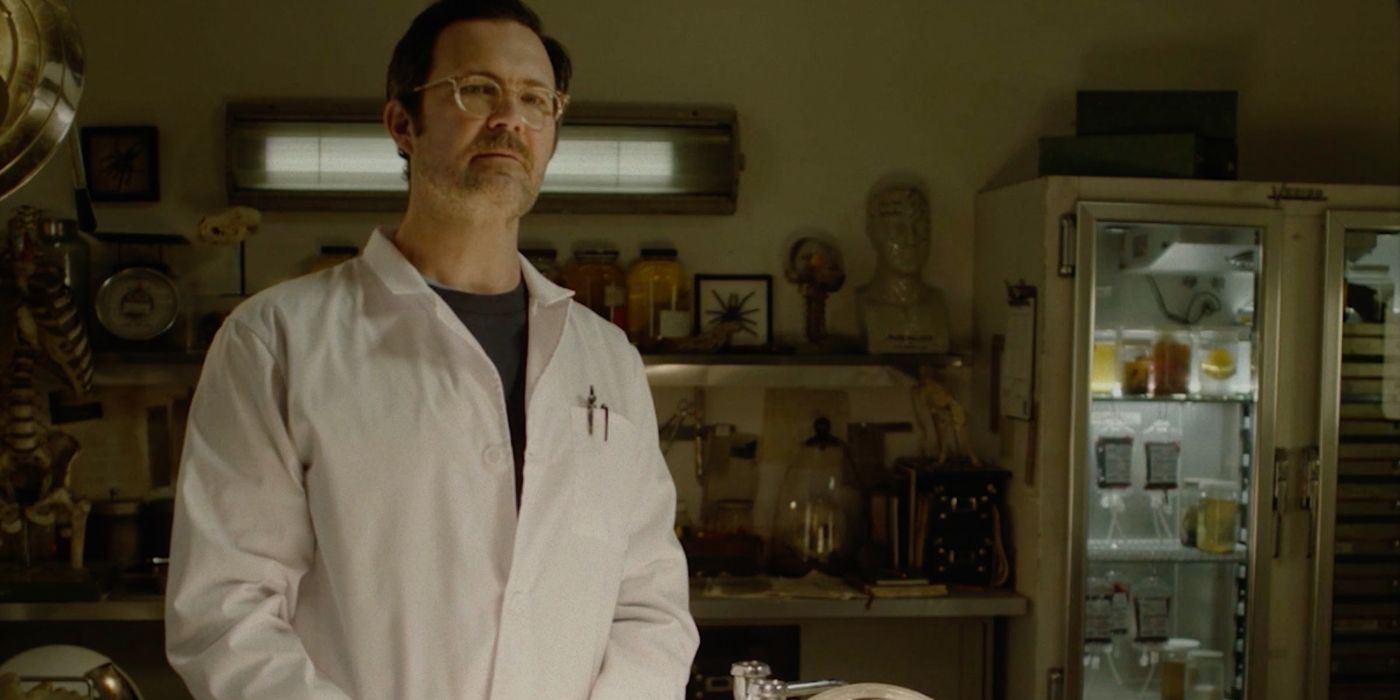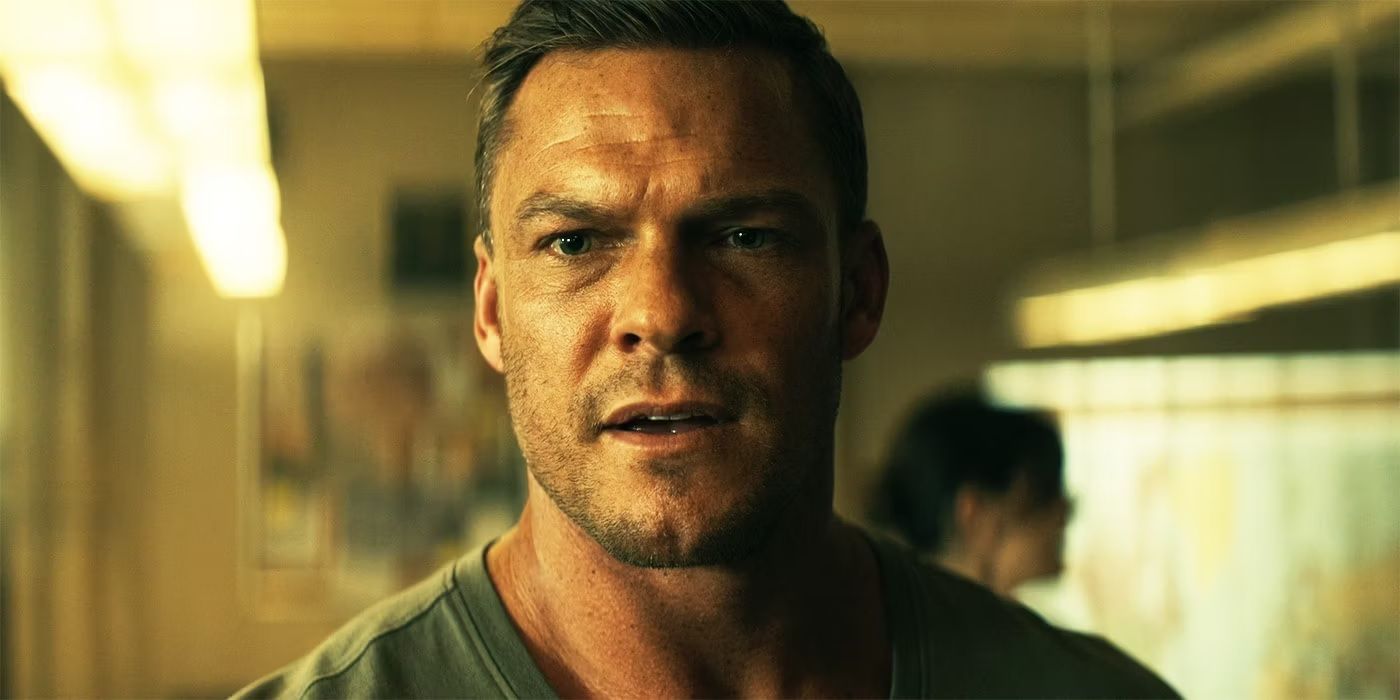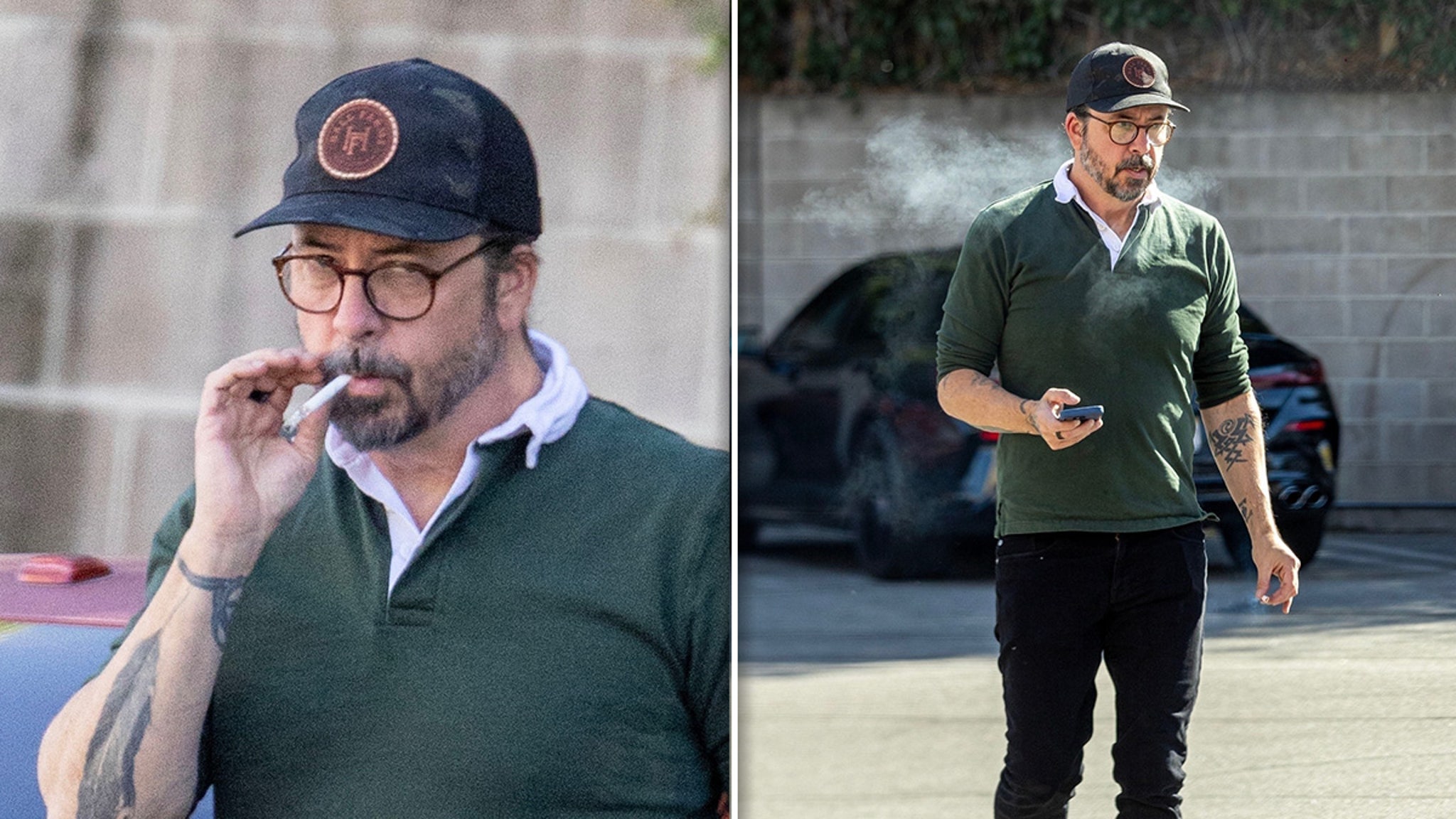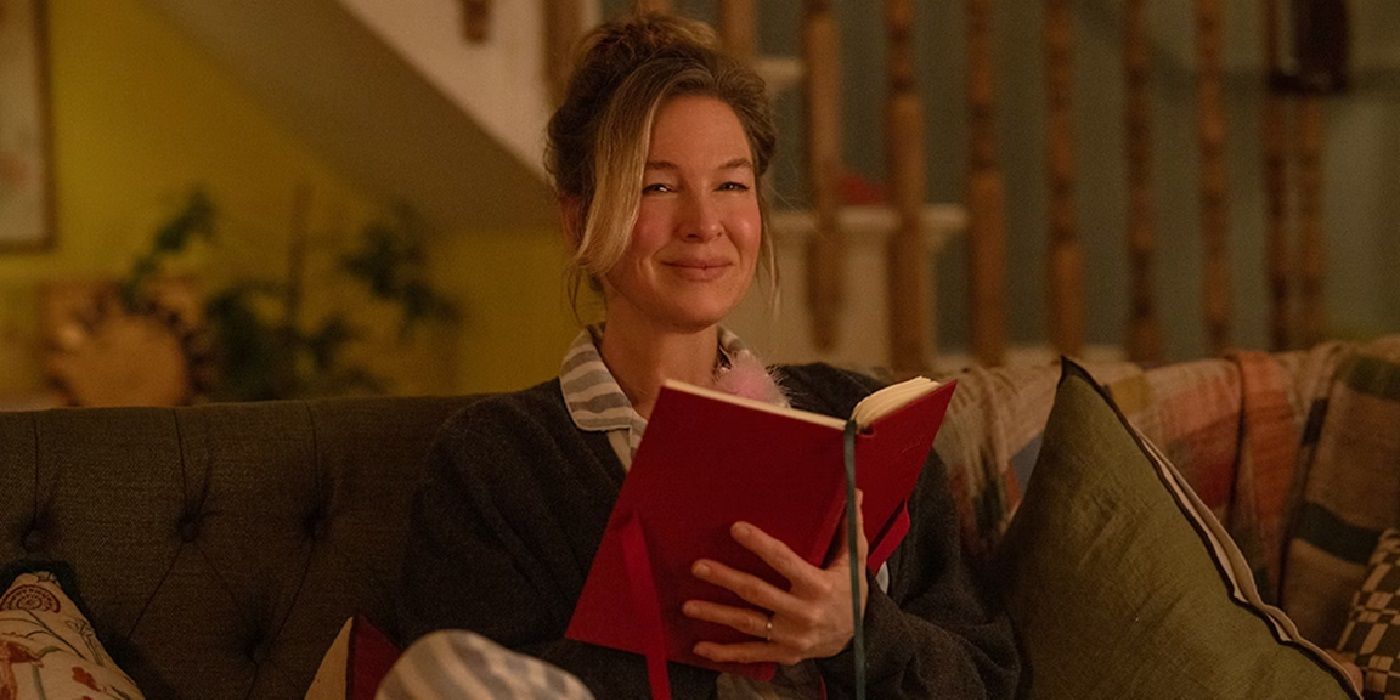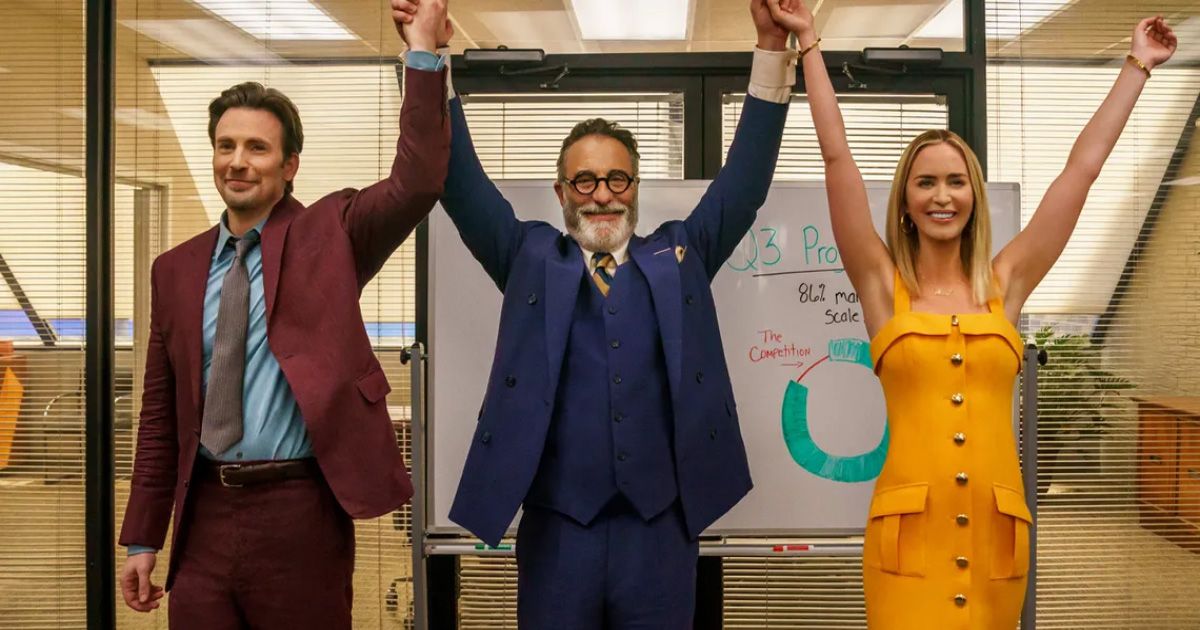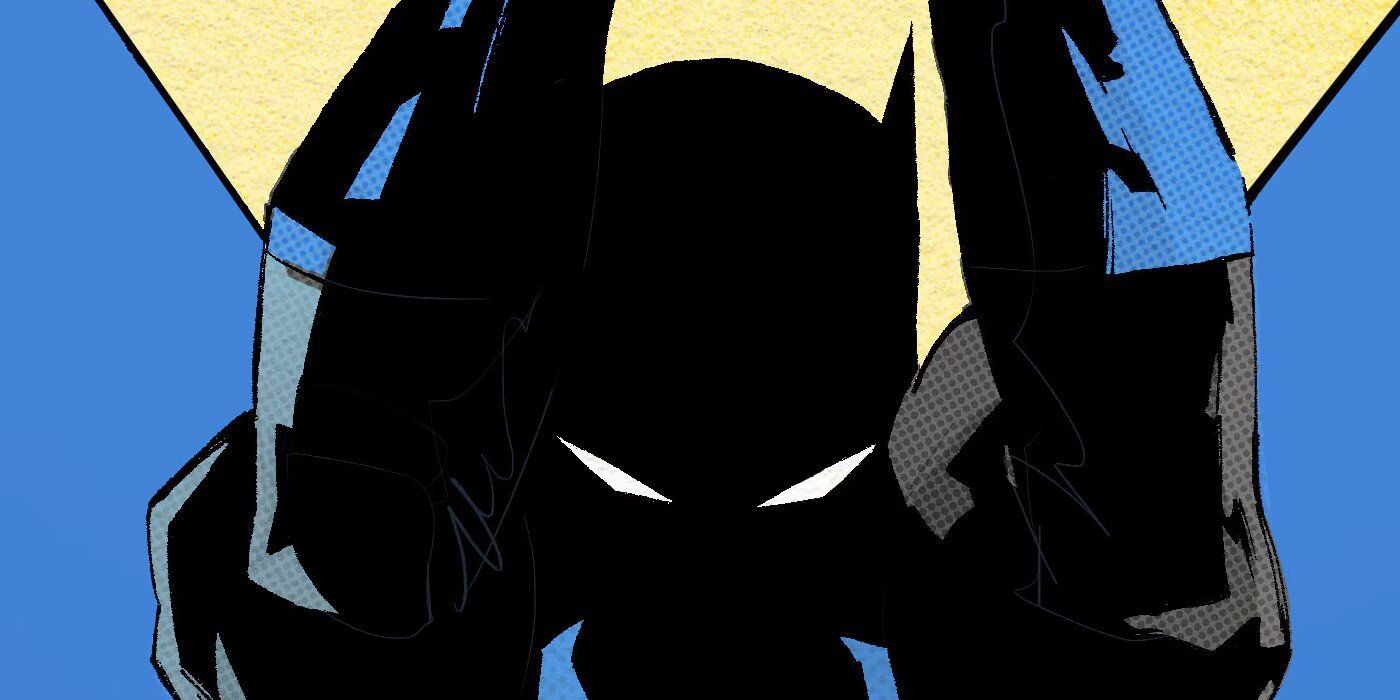Brooks became semi-famous as a high schooler when Rob Reiner’s father, actor and filmmaker Carl Reiner, declared him one of the funniest people he’d ever seen. The movie gives us an account of a Brooks routine that impressed the elder Reiner: at a party, young Brooks presented himself as a master escape artist in the vein of Harry Houdini, then asked a guest to bind and gag him (by placing a napkin loosely over his wrists and a Kleenex wadded in his mouth), “imprisoned” himself behind a curtain, then began writhing and wailing about how he was trapped and was dying. A lot of Brooks’ early comedy bits are like that: they take the germ of an old showbiz routine or trope and pull the guts out of it or twist it into a pretzel (as in the classic moment on the old “Tonight Show” with Johnny Carson where Brooks does “celebrity impressions” by eating different kinds of food). Incredibly, some of Brooks’ best-known bits as a guest on talk and variety shows weren’t rehearsed: he just thought them up in the dressing room before airtime. “Your brain has to work at a certain level to do comedy without trying it out,” Chris Rock tells Reiner.
That reckless-seeming quality has always run beneath Brooks’ art, along with a brainy, theoretical aspect that is difficult to unpack and scrutinize—although one sometimes wishes the film had tried harder to do so. The weakest element of “Defending My Life” is the parade of sound bites from other performers and filmmakers (including Chris Rock, Sarah Silverman, Conan O’Brien, and Jon Stewart) that needlessly fluff Brooks’ reputation and repeat wearying variations of “he’s a genius, he was so revolutionary, so amazing,” or compare him to Chuck Yeager breaking the sound barrier or the like. It’s not until confrontational standup comic Anthony Jeselnik shows up that we get a bit of real insight about what, exactly, Brooks’ comedy was always about: “It was punk rock, almost, for comedy,” he says of Brooks’ earliest routines, especially the ones he did for Carson. “He saw what was going on, he saw the old Hollywood way, and instead of just saying ‘this is bad, this is corny,’ he showed them.” The notion of Brooks as ground zero for the self-aware “anti-comedy” movement, which birthed everyone from Bill Murray and David Letterman (also an interviewee) through Silverman and the “Mr. Show” cast, is fascinating enough that it could be a film unto itself, but it’s merely glanced at here.
Brooks offers simple explanations for work that his fans have analyzed within an inch of its life. He also describes “Lost in America” as a movie about “People who make gigantic decisions and are wrong,” and “Looking for Comedy in the Muslim World“—released in 2005, in the midst of post-9/11 hysteria—as an attempt “to show that you could say the word ‘Muslim’ and not be killed.” He’s also generous in his praise for collaborators and colleagues (including his regular co-screenwriter Monica Johnson) and thoughtful in explaining why he waited so long to get married and have kids (with his wife Kimberly) and why he did it when he did it (at a certain point in one’s love life, he says, you can just stop looking).
You can view the original article HERE.


